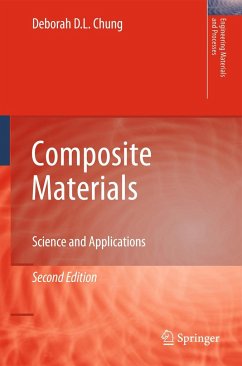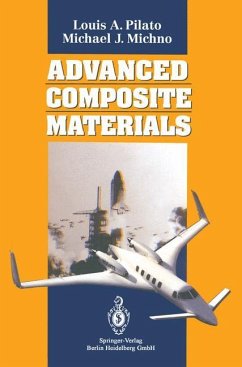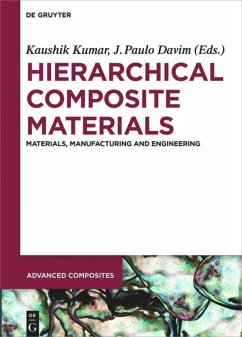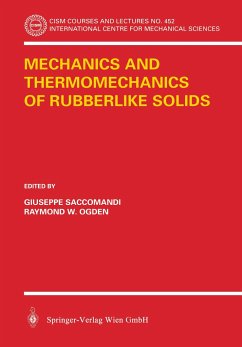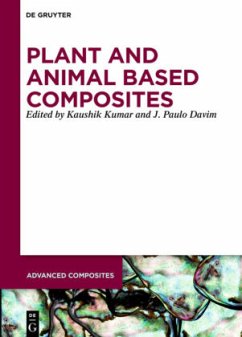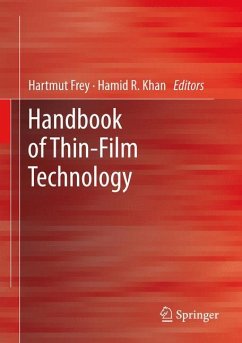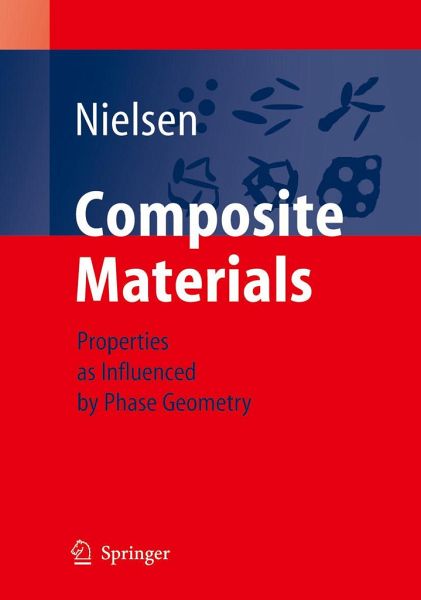
Composite Materials
Properties as Influenced by Phase Geometry
Versandkostenfrei!
Versandfertig in 1-2 Wochen
77,99 €
inkl. MwSt.
Weitere Ausgaben:

PAYBACK Punkte
39 °P sammeln!
In the past ?ve decades considerable attention has been devoted to comp- ite materials. A number of expressions have been suggested by which mac- scopic properties can be predicted when the properties, geometry, and volume concentrations of the constituent components are known. Many expressions are purely empirical or semi-theoretical. Others, however, are theoretically well founded such as the exact results from the following classical boundary studies: Bounds for the elastic moduli of composites made of perfectly coherent homogeneous, isotropic linear elastic phases have been developed by Pa...
In the past ?ve decades considerable attention has been devoted to comp- ite materials. A number of expressions have been suggested by which mac- scopic properties can be predicted when the properties, geometry, and volume concentrations of the constituent components are known. Many expressions are purely empirical or semi-theoretical. Others, however, are theoretically well founded such as the exact results from the following classical boundary studies: Bounds for the elastic moduli of composites made of perfectly coherent homogeneous, isotropic linear elastic phases have been developed by Paul [1] and Hansen [2] for unrestricted phase geometry and by Hashin and Shtrikman [3] for phase geometries, which cause macroscopic homogeneity and isotropy. The composites dealt with in this book are of the latter type. For two speci?c situations (later referred to), Hashin [4] and Hill [5] derived exact - lutionsforthebulkmodulusofsuchmaterials.Hashinconsideredtheso-called Composite Spheres Assemblage (CSA) consisting of tightly packed congruent composite elements made of spherical particles embedded in concentric - trix shells. Hill considered materials in which both phases have identical shear moduli. In the ?eld of predicting the elastic moduli of homogeneous isotropic c- posite materials in general the exact Hashin and Hill solutions are of th- retical interest mainly. Only a few real composites have the geometry de?ned by Hashin or the sti?ness distribution assumed by Hill. The enormous sign- icance, however, of the Hashin/Hill solutions is that they represent bounds which must not be violated by sti?ness predicted by any new theory claiming to consider geometries in general.





